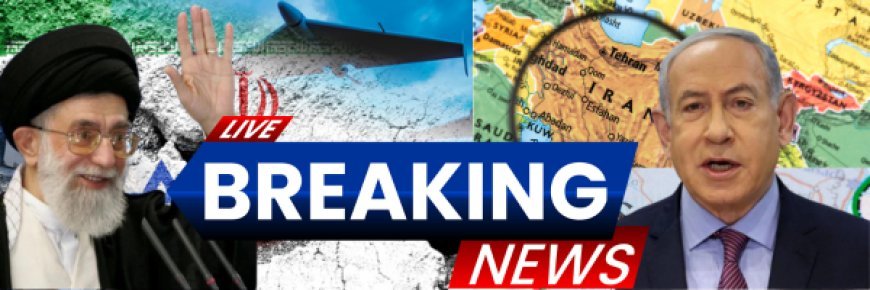Rising Tensions in the Middle East After Hezbollah Leader's Assassination"
The Middle East faces rising tensions as Iran threatens retaliation following the assassination of Hezbollah leader Hassan Nasrallah by Israeli forces. Learn about the geopolitical risks and the potential for escalation.

A New Chapter in Iran-Israel Relations
The geopolitical landscape in the Middle East is once again in the spotlight after the recent assassination of Hezbollah leader Hassan Nasrallah by Israeli forces. The assassination has reignited tensions between Iran and Israel, with Tehran warning of a severe, unconventional response. While these two nations have historically had a strained relationship, the recent event signals a dangerous escalation that could impact the broader region.
The History of Conflict
For decades, Israel and Iran have been involved in proxy wars, with Hezbollah often at the forefront. Nasrallah’s role in coordinating attacks against Israel made him a high-profile target. His assassination has led to widespread concern that the region may be on the cusp of more direct confrontations.
Potential Consequences
Iran’s promised retaliation could involve cyberattacks, proxy warfare, or even direct military actions. International observers fear that such an escalation could drag neighboring countries into the conflict, destabilizing the region further. With nuclear negotiations on thin ice, the stakes couldn’t be higher.
Conclusion: What Lies Ahead
As tensions rise, the international community is urging both nations to de-escalate. However, with Iran vowing revenge, the next few days will be crucial in determining whether the situation will evolve into a larger regional conflict.
What's Your Reaction?










































































